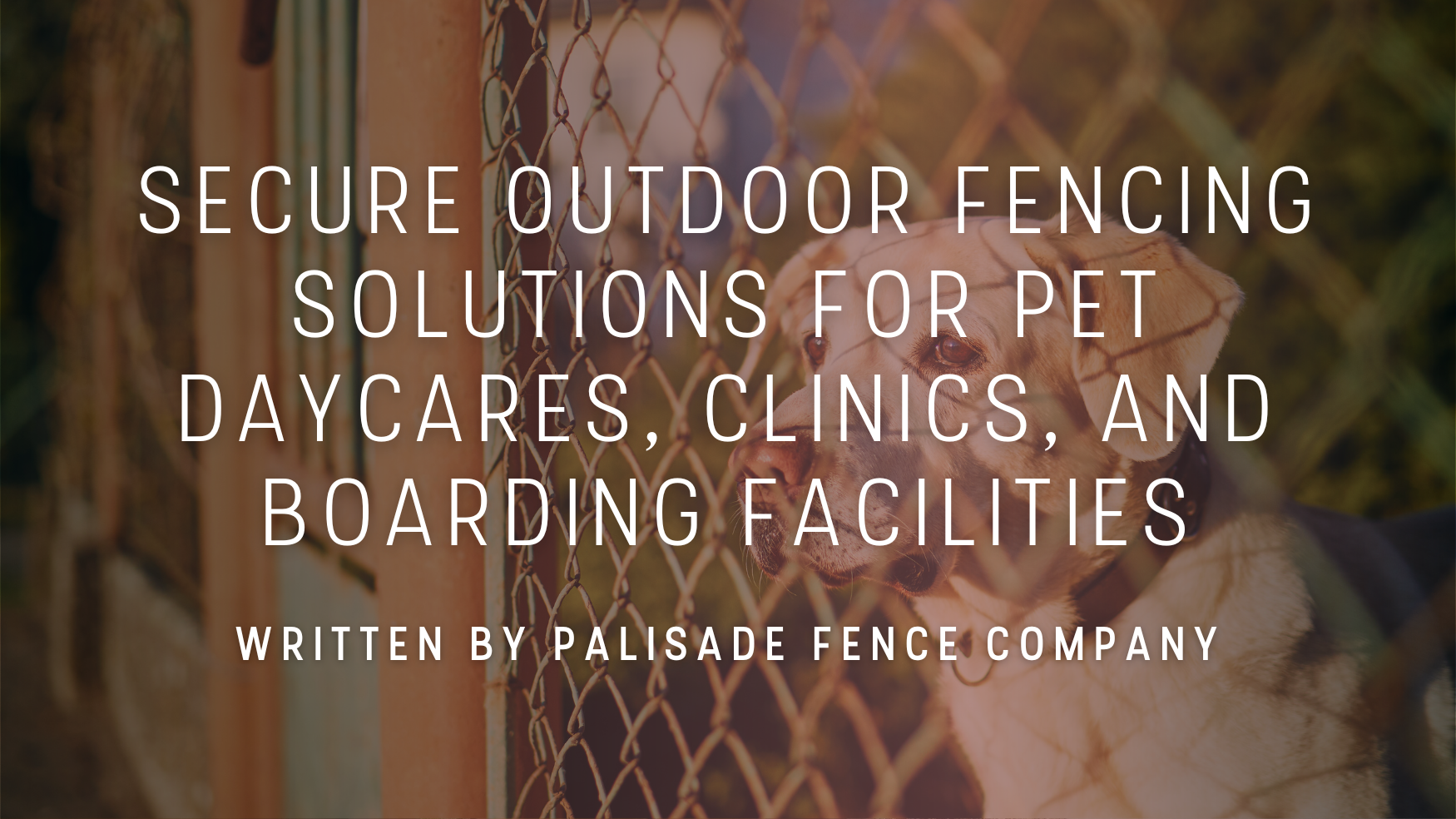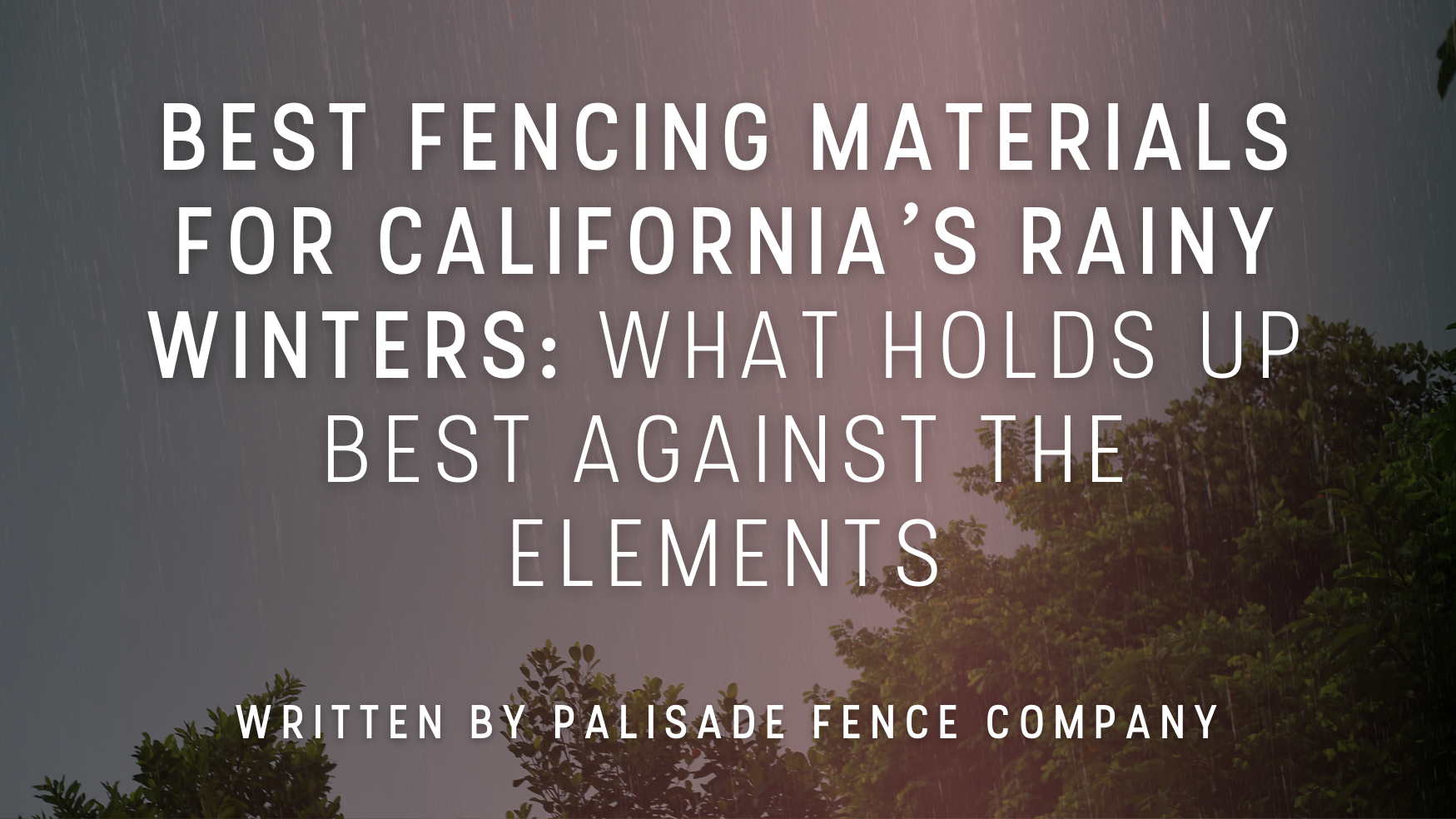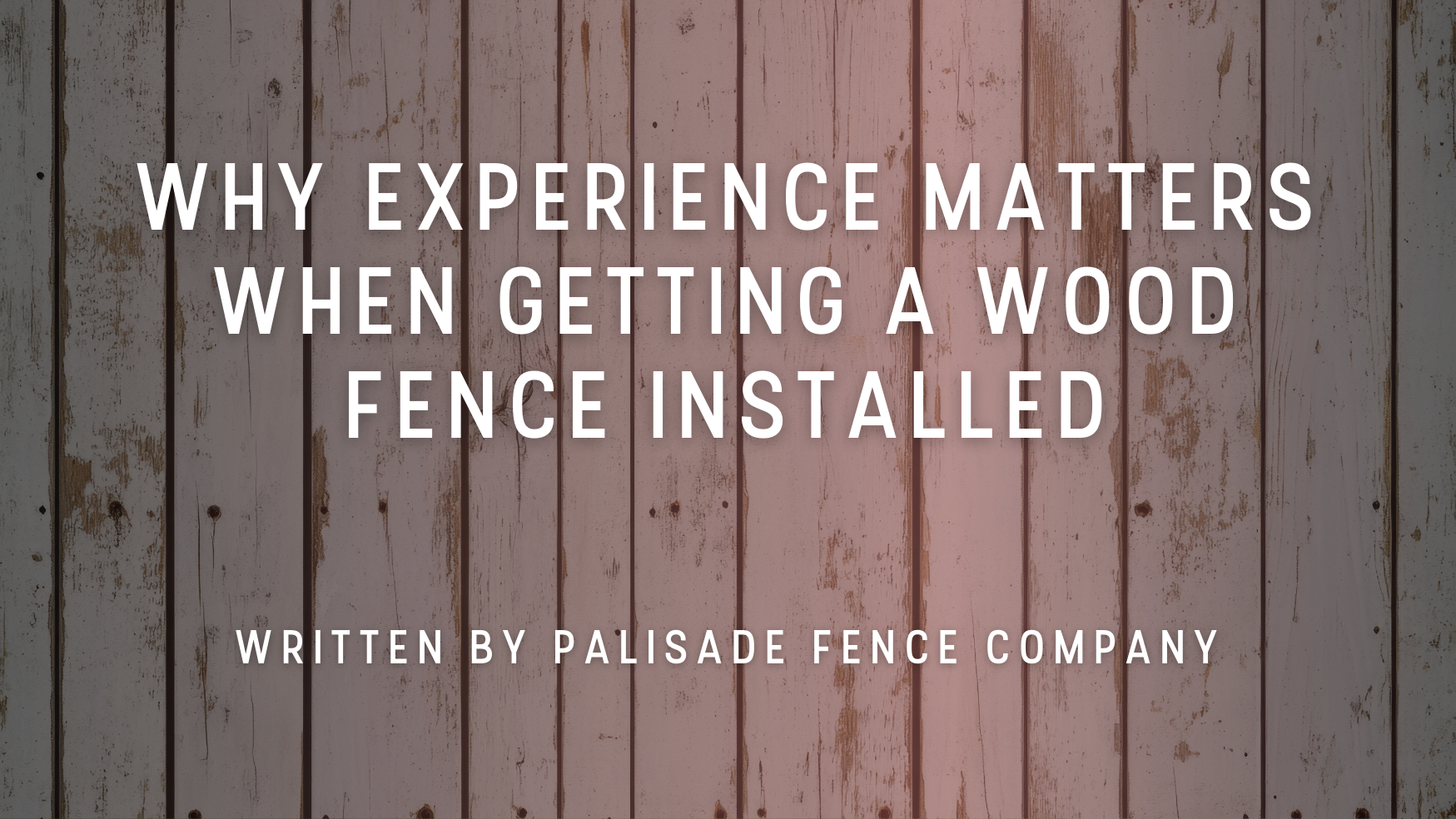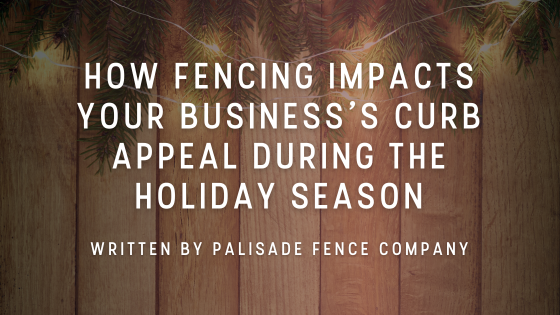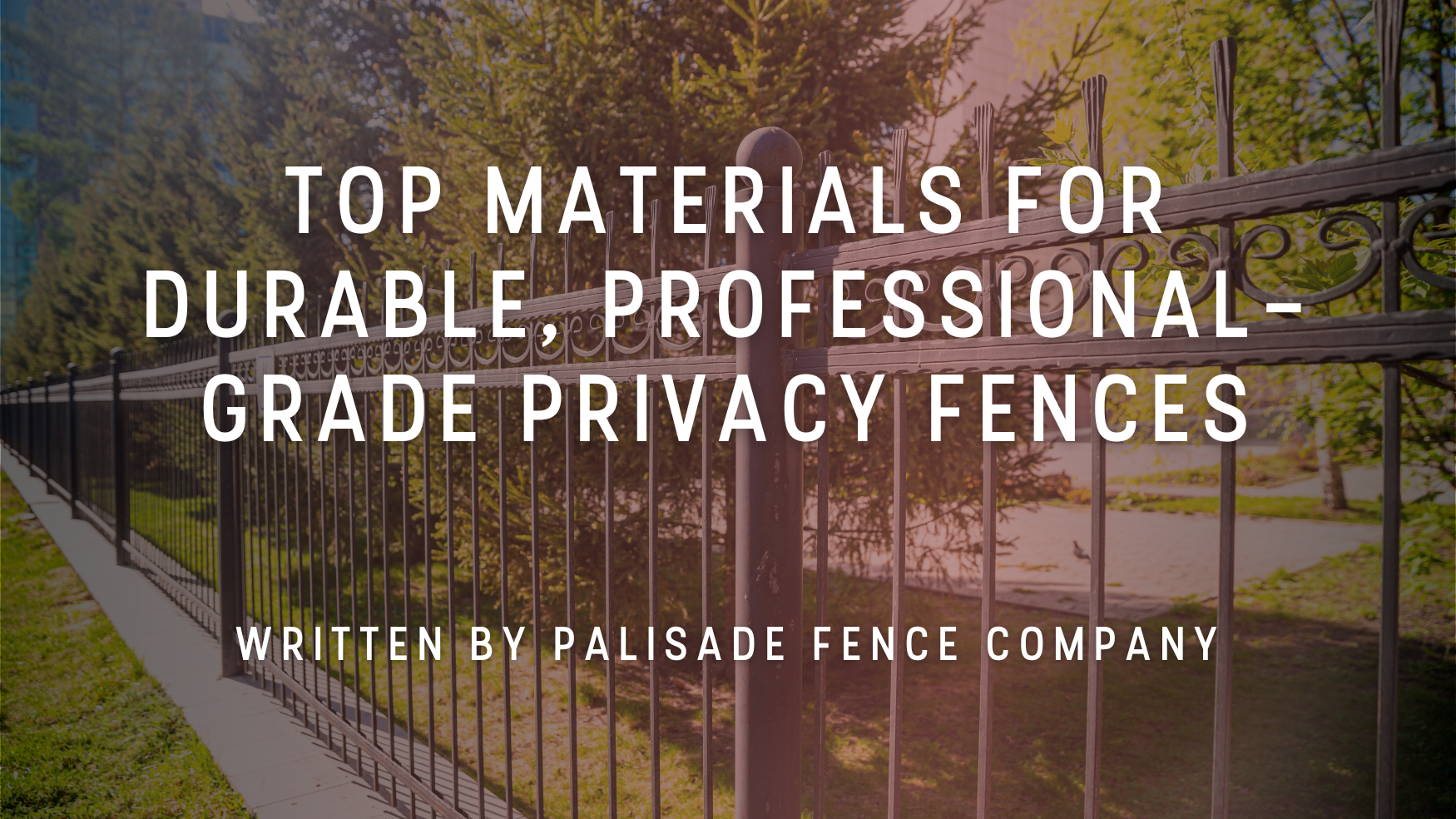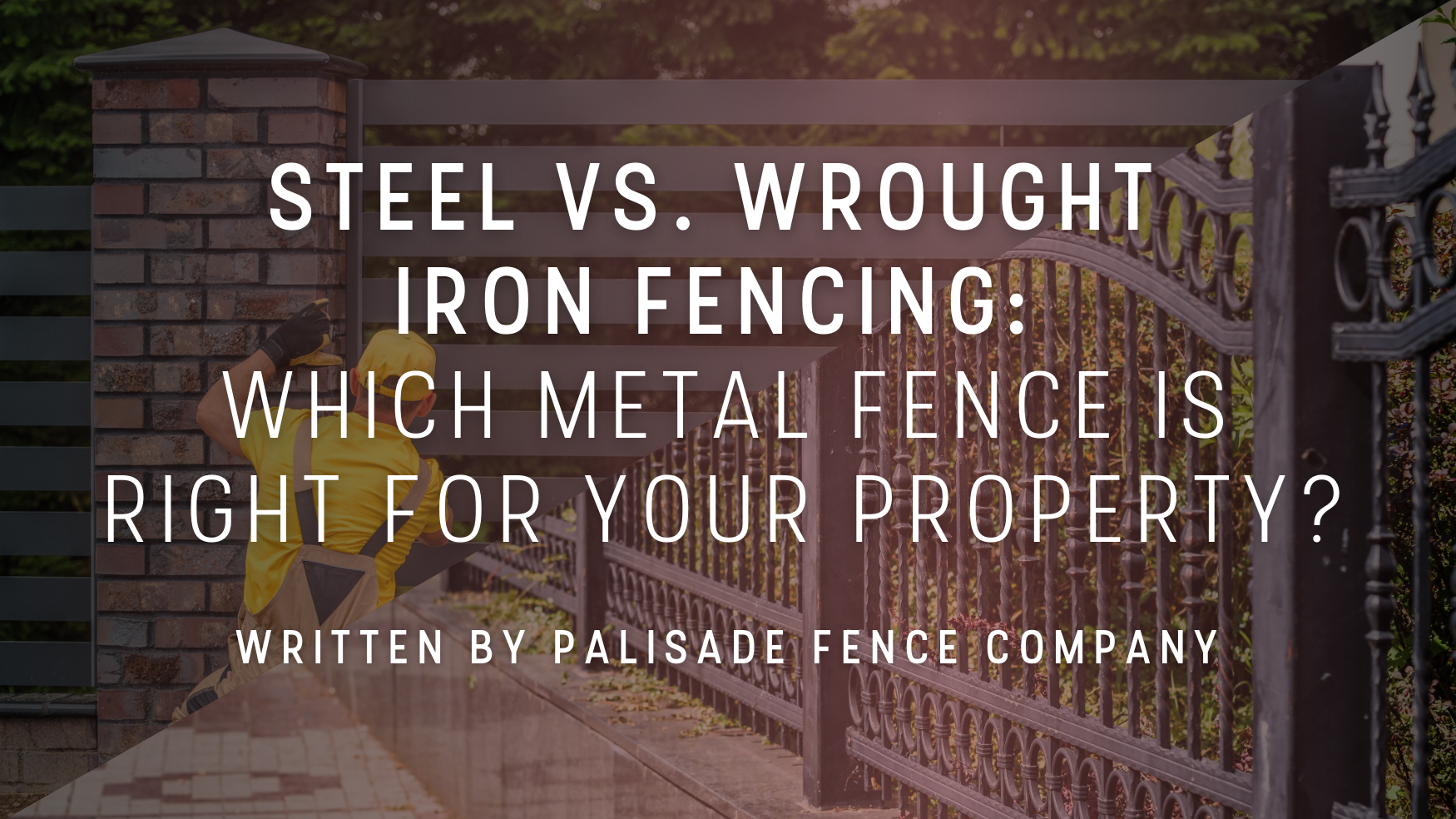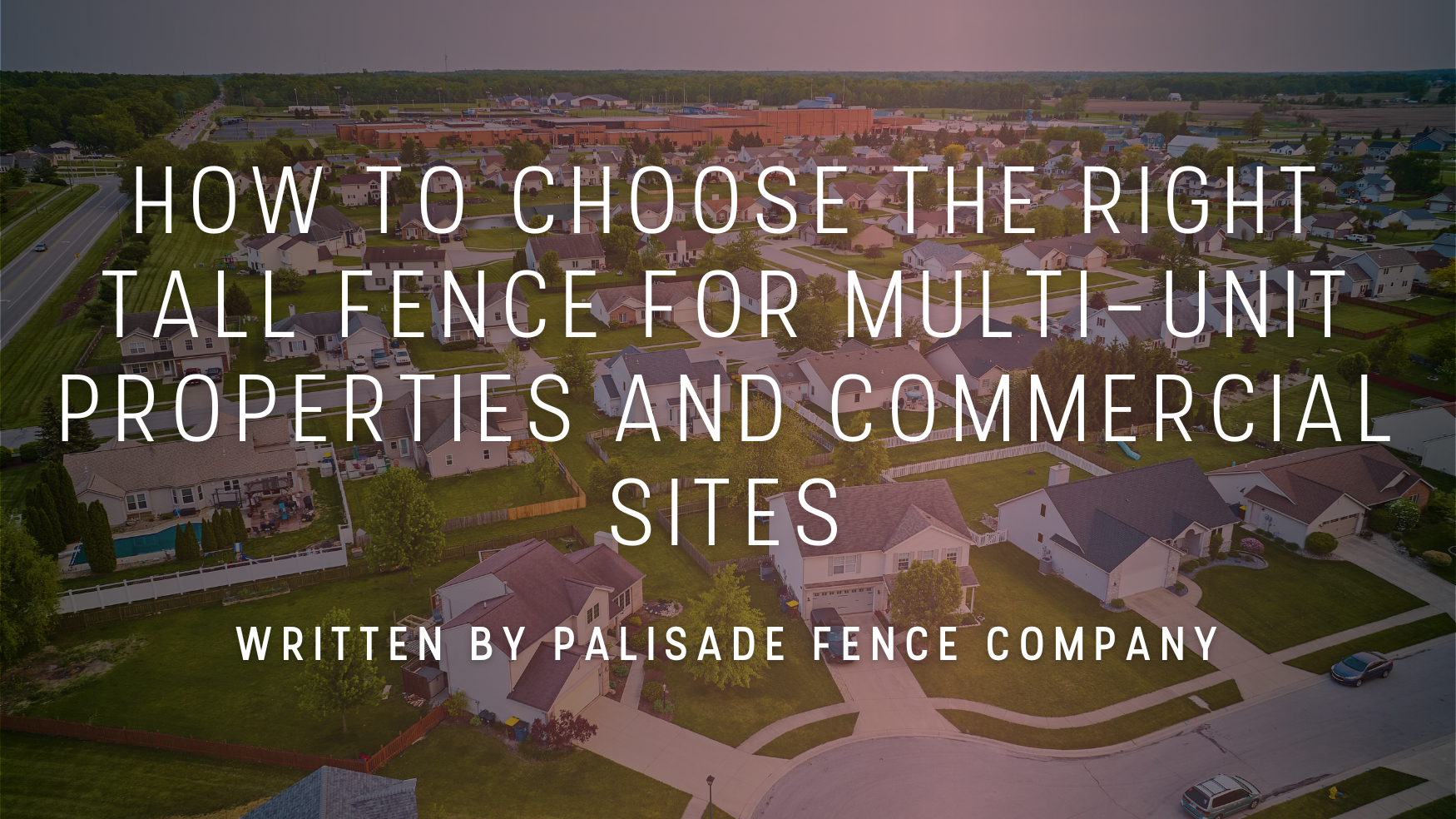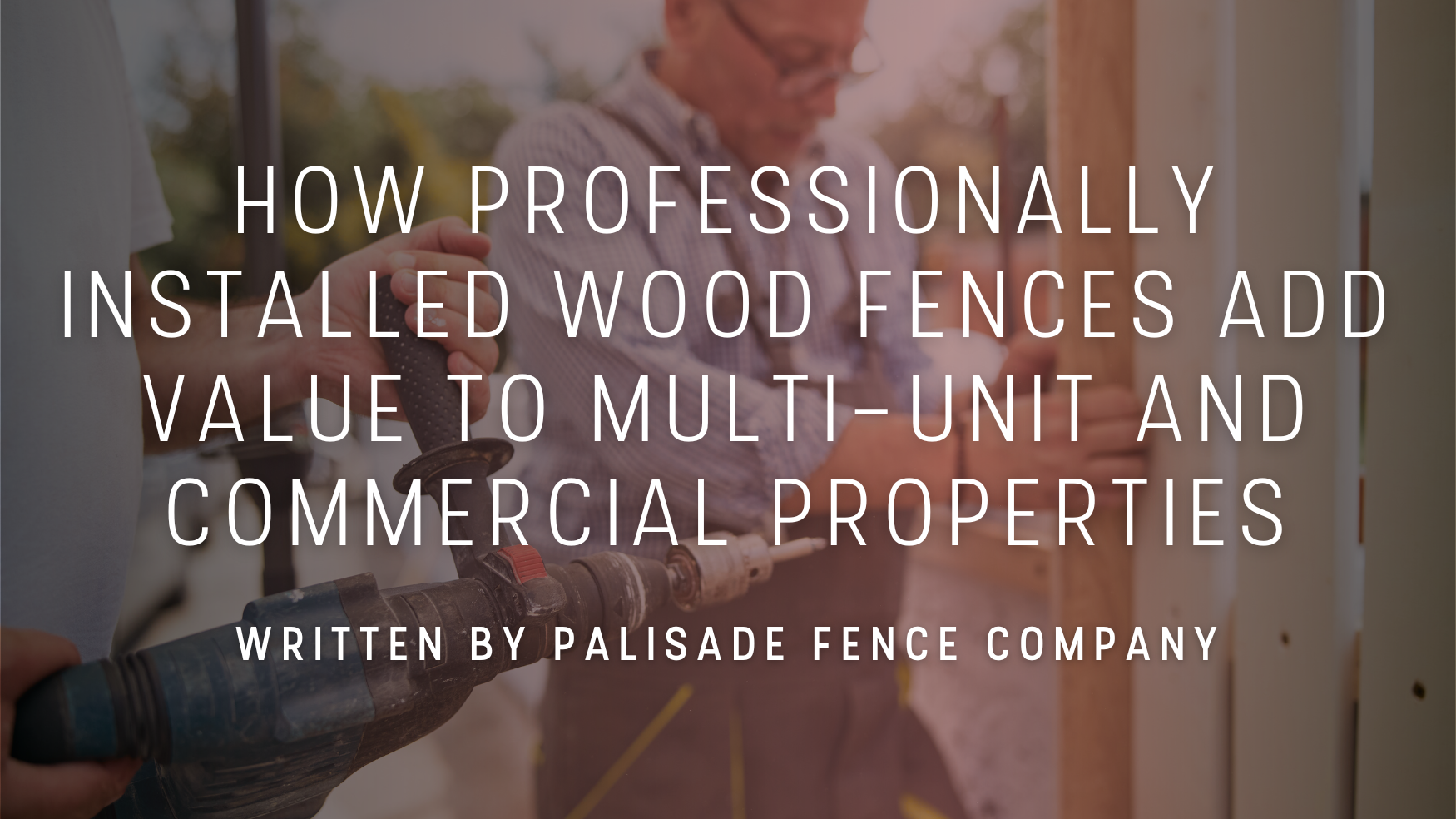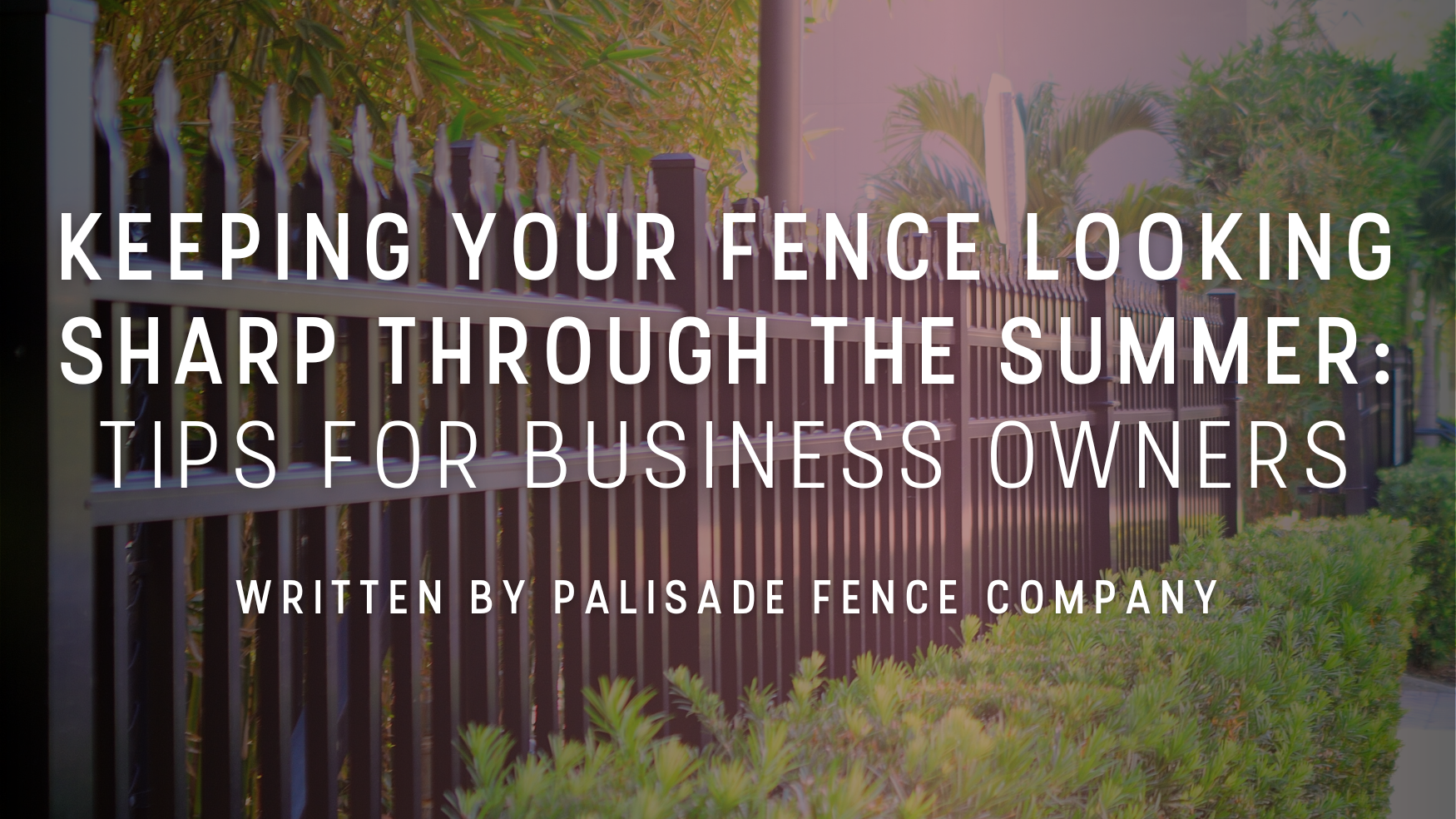What HOAs Need to Know About Tall Fence Regulations in California
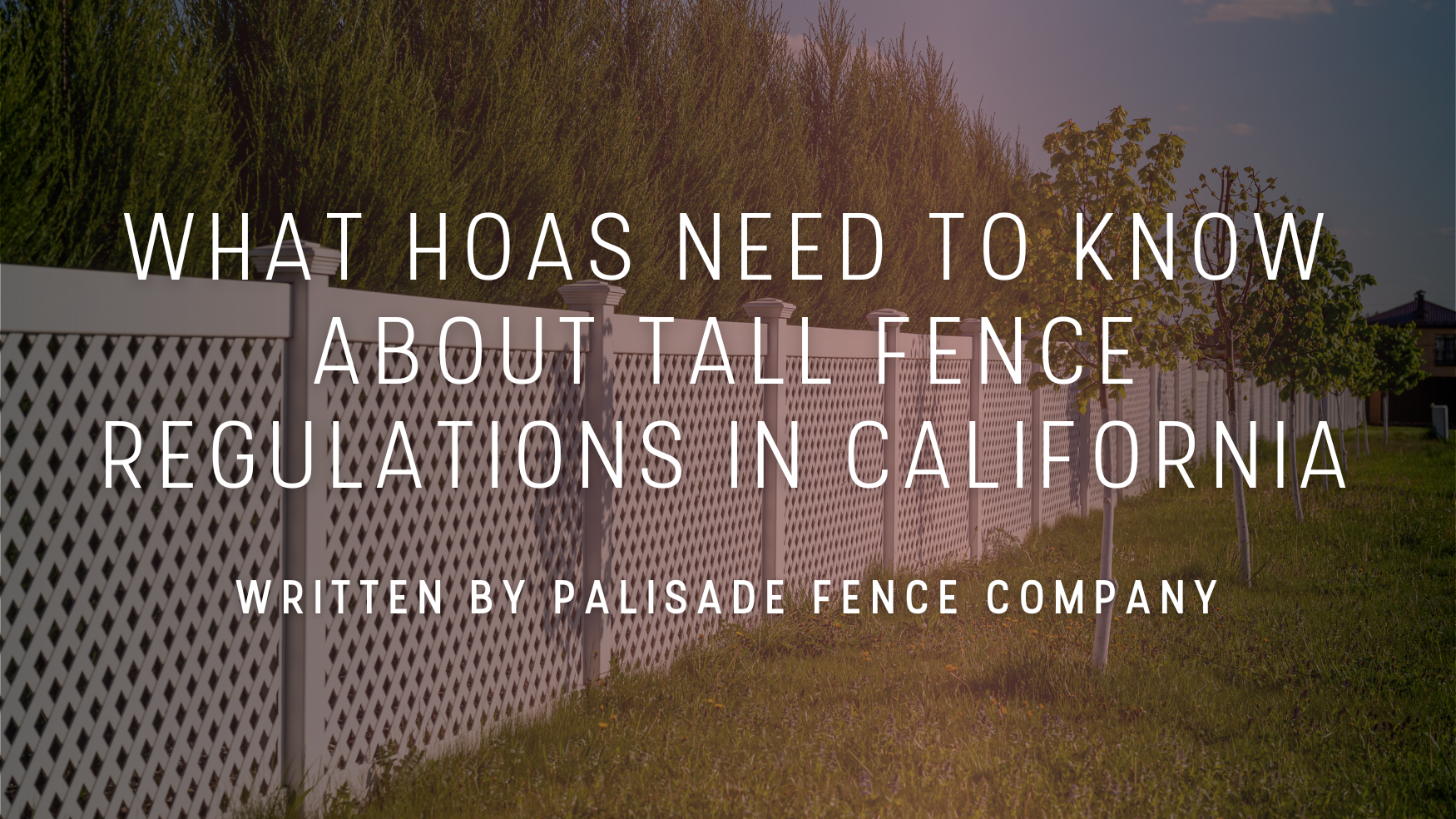
Tall Fence Regulations in California: A Complete Guide for HOAs
Homeowners Associations (HOAs) work hard to maintain the harmony, appearance, and value of a residential community. Fences—especially tall privacy fences—play a big role in achieving those goals. But in California, strict state and local guidelines surrounding fencing height, materials, and placement can make the approval process more complex than expected.
At Palisade Fence Company, we’ve worked with countless HOAs throughout the greater Sacramento area to ensure each wood fence installed is compliant, high-quality, and built to last. In this guide, we cover what every HOA board member and property manager needs to know before approving a wood, chain link, or any other type of fencing project.
Why Tall Privacy Fences Matter for HOAs
Tall privacy fences are often requested by residents for three main reasons:
1. Privacy from nearby homes or busy streets.
2. Additional security for properties and families.
3. Visual consistency and curb appeal throughout the neighborhood.
When installed properly, a tall fence can enhance property values and boost resident satisfaction. When installed without approval or in violation of code, it can create conflicts, fines, and even require costly removal or modification.
California's Fence Height Regulations: What You Need to Know
Before moving forward with any fence installation, it's critical to understand California’s regulations related to fence height:
- In residential zones, front yard fences are generally limited to 3 to 4 feet tall (depending on city/county ordinances).
- Backyard and side yard fences may extend up to 6 feet, but if a homeowner wants to go taller, say, 8 feet for more privacy, they typically need a special permit or variance from the city.
- Fencing shared with a neighbor usually requires their written consent if going beyond the standard height limits.
Keep in mind that local municipalities may impose stricter rules. For example, Sacramento County limits fence heights in front yards to 3 feet and 7 feet in rear and side yards with certain restrictions.
Pro Tip: Always consult with the local planning department and your city’s municipal code before approving any tall privacy fence installations.

Approved Fence Materials for California HOAs
Most HOA CC&Rs (Covenants, Conditions & Restrictions) regulate not just the height, but also the materials and style of fences. Common HOA-approved options include:
- Wood Fences: Naturally beautiful with strong privacy features. We recommend redwood or cedar for their durability and resistance to pests.
- Chain Link Fencing: Best for shared spaces or utility areas—usually more affordable but less private unless upgraded with privacy slats.
- Vinyl Fencing: Low-maintenance and available in various styles.
- Metal: Metal fences, such as wrought iron or powder-coated steel, are ideal for decorative bordering with modern security features.
As a trusted commercial fencing contractor in Northern California, Palisade Fence Company can help you evaluate and choose materials that comply with your guidelines and offer long-lasting performance.
Fence Installation Cost Factors
HOAs often approve fences for common areas or work with homeowners on private installations, so understanding fence installation cost is key to budget planning.
Here are the top factors that affect cost:
- Fence height: A taller fence means more materials and higher labor costs.
- Material choice: Wood fencing (especially redwood or cedar) tends to be more expensive than chain link fencing.
- Terrain: Sloped or uneven yards often require more labor and customized builds.
- Permits and inspections: Fees can vary by city and fence specifications.
On average, expect the following ranges (2025 estimates):
- Wood fencing: $20 – $50 per linear foot*
- Chain link fencing: $9 – $30 per linear foot
- Vinyl fencing: $30 - $60 per linear foot
- Metal fencing: $50 - $85 per linear foot
Scheduling an on-site consultation will give your HOA the most accurate estimate for your specific project and help clarify the full fence installation cost based on materials, layout, and site conditions.
*The material of the wood fence installed will make this price range vary.
Choosing the Right Commercial Fencing Contractors
Working with a licensed, insured, and experienced fencing contractor is critical for any HOA project, especially one with shared property lines, public access, or strict guidelines. Commercial fencing contractors, like Palisade Fence Company, bring the experience and scale needed to handle complex installations efficiently and professionally. Here's why:
1. Code Compliance: Contractors like Palisade Fence stay updated on California building codes and local requirements.
2. Quality Matters: Professional installation ensures your wood fence is installed straight, secure, and built to last.
3. Warranty Support: Reputable contractors will warranty their workmanship and materials for added peace of mind.
4. Permitting Help: Handling local permits is a big part of the process—we can file and follow up on them for you.
When selecting a contractor, ask to see past HOA projects, request references, and verify licensing and insurance.
Want to see some of our work? Visit our
Project Gallery to explore wood, vinyl, and chain link fencing options completed throughout the Sacramento region.
Common HOA Fencing Mistakes to Avoid
Improper planning or miscommunication can easily derail a fencing project and create grievances between HOA boards and residents. Here are common mistakes to watch for:
- Not reviewing city or county fence ordinances before approval.
- Ignoring CC&R specifics on materials and height.
- Failing to notify adjacent homeowners (required by the California Good Neighbor Fence Act of 2013).c
- Choosing aesthetics over durability in high-traffic common areas.
- Underestimating the long-term maintenance costs of certain fence types.
Document your fence approval process, communicate changes broadly, and work closely with your fencing partner to avoid these pitfalls.
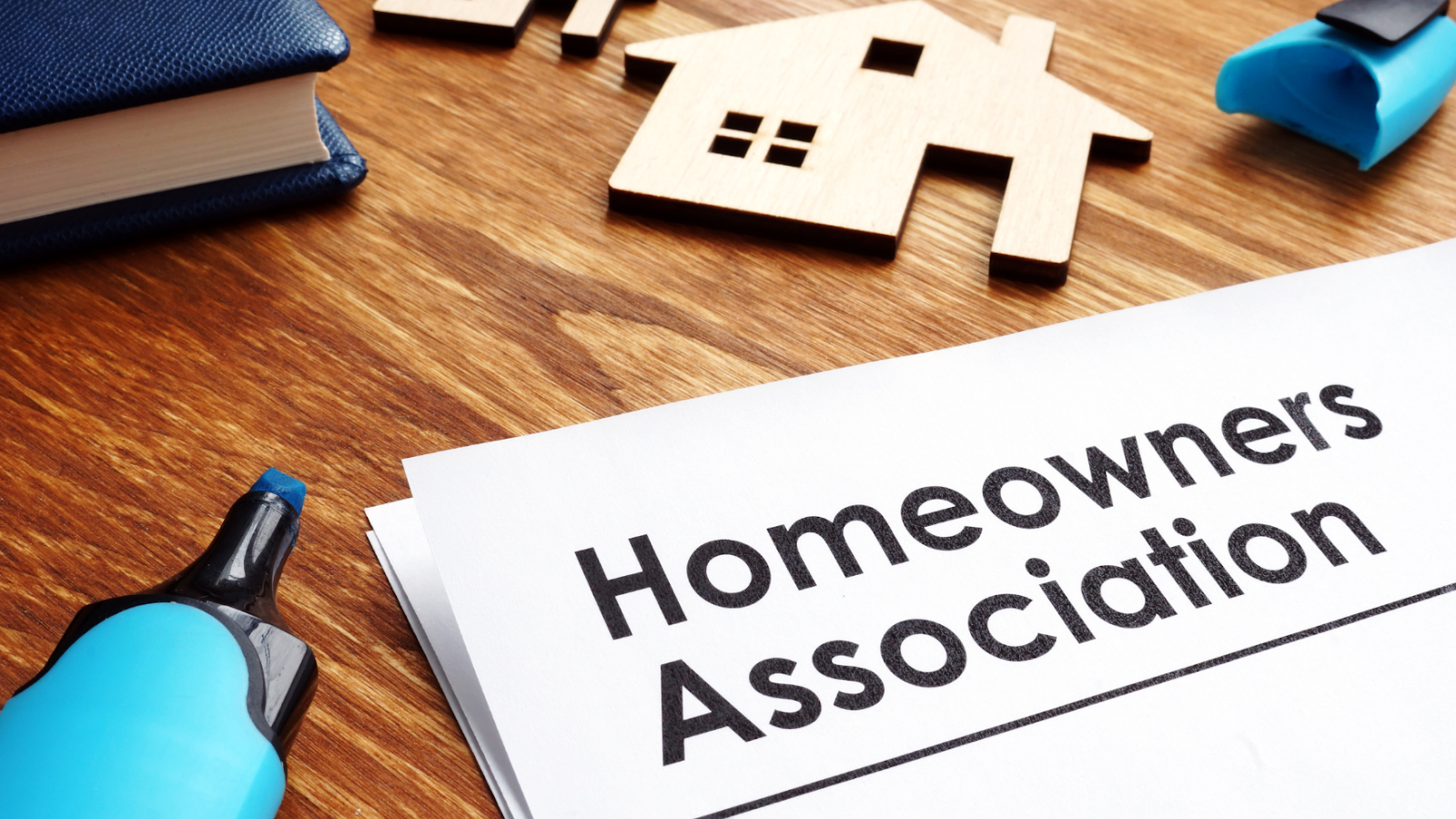
How to Navigate the Approval Process Smoothly
To streamline your fence project approval:
- Encourage homeowners to submit detailed fence requests, including height, style, material, and contractor info.
- Collaborate with a reputable fencing company early on—Palisade Fence offers design consultations and material suggestions upfront.
- Keep clear records of approvals, permits, and shared agreements between neighbors when needed.
Your Partner in HOA-Compliant Fence Installations
At Palisade Fence Company, we’ve helped dozens of HOA boards and property managers throughout the Sacramento area tackle tough fence compliance projects. Whether you need a wood fence installed around a residence or chain link fencing for your HOA’s shared perimeter, we’re here with expertise, transparency, and genuine care.
We specialize in:
- Custom wood fences installed with premium redwood or cedar
- Commercial-grade chain link fencing with optional privacy upgrades
- HOA guideline-compliant styles and materials
- Site inspections, permits, and full installation services in the greater Sacramento area (and beyond)!
Final Thoughts
Tall fences make sense for privacy, safety, and style, but only when they follow California’s strict rules and your HOA’s specific CC&Rs. From understanding installation costs to choosing the right commercial fencing contractors, it's essential to plan smart and work with experts you trust.
That’s where we come in.
Schedule Your HOA Fence Consultation Today
Ready to move forward with a tall fence installation that aligns with legal and community guidelines?
Contact Palisade Fence today to learn more about how we can help you with tall fence regulations in HOAs in California.
Or, schedule a free consultation and let one of our pros walk you through the process confidently.
Need help ensuring your next HOA fencing project is compliant, beautiful, and built to last? Palisade Fence is just a call or click away. Let’s build something great together.
